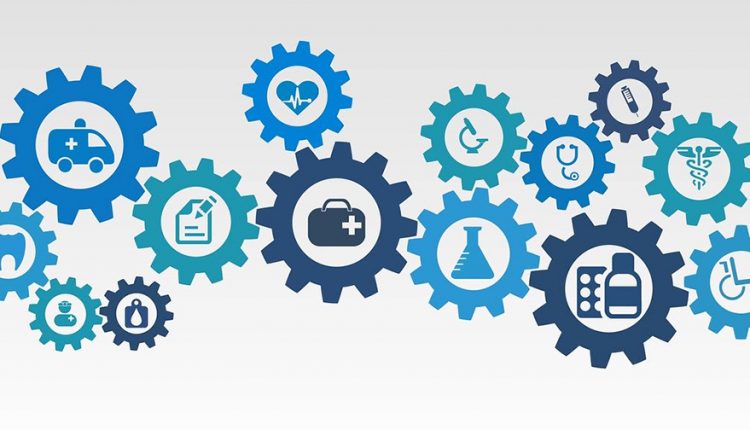The global health kiosk market is projected to reach a value of ~$2bn by 2027, expanding at a CAGR of ~18% from 2019 to 2027. Growth of the health kiosk market can be attributed to the high demand for faster operations (for patients in hospitals). The Americas is anticipated to lead the global health kiosk market, followed by Europe, during the forecast period.
The growing trend of digitization of facilities, worldwide, is expected to influence the growth of the adoption of health kiosks in hospitals and clinics. Health kiosks have advanced programming, which has streamlined the entire customer interaction process, and has led to real-time interaction between the user and the kiosk.
Despite all the technological advancements, very often, a customer needs to wait, and these situations offer perfect opportunities for using a health kiosk as a marketing tool. People, these days, have become more digitally-conscious due to the increasing use of the Internet and because information on the web is easily accessible.
Moreover, users, these days, are demanding speed in their daily transactions and online activities. Increased efficiency of operations, effective information delivery along with reduced staff/admin costs, streamlined processes, and improved patient experiences are driving the digital healthcare facility market, thus increasing the adoption of health kiosks.
Patient Interaction with Minimal Space
A kiosk helps organizations in running their business with much lesser space, thus reducing expenditure significantly. Many health kiosks can be placed in a small space, and therefore, hospitals and clinics can take care of patients even with space constraints.
This is probably not an important strategic move for large hospitals, but for smaller clinics and laboratories, it is extremely crucial, considering that land/space is always at a premium. This increases return on investment, consequently increasing the likelihood of earning higher profits.
This is expected to be an important driver of the global health kiosk market, as small clinics and pharma stores would certainly like to optimize the space that they have. This factor is anticipated to have a high impact on the market in the next five years.
Health Kiosk Market: Segmentation
The global health kiosk market has been segmented based on kiosk type, end use, and region. In terms of kiosk type, the health kiosk market has been segmented into check-in kiosks, payment kiosks, way finding kiosks, telemedicine kiosks, self-service / informative kiosks, and electronic medical record management.
The payment kiosks segment is expected to account for the largest share of ~28% of the global health kiosk market in 2019. The telemedicine kiosks type is projected to expand at the highest CAGR of ~20% during the forecast period. Based on end use, the health kiosk market has been divided into clinics, hospitals, laboratories, and pharma stores.
The hospitals segment is expected to hold the largest market share in 2019. This segment is expected to account for ~74% of the global health kiosk market in 2019.
Health Kiosk Market: Regional Outlook
In terms of region, the global health kiosk market has been segmented into the Americas, Europe, Asia Pacific, and the Middle East & Africa. The Americas led the global health kiosk market, accounting for a substantial share in 2018, with the US and Canada being the major markets in this region.
The Americas health kiosk market is expected to hold a share of ~36% during the forecast period. The Asia Pacific health kiosk market is expected to rise at the highest CAGR of ~19% during the forecast period.
The health kiosk market in the Middle East & Africa is expected to expand moderately during the forecast period. The report provides in-depth segment analysis of the global health kiosk market, thereby providing valuable insights at macro as well as micro levels.
Analysis of major countries that hold growth opportunities or account for significant shares has also been included as part of the geographic analysis of the health kiosk market.

